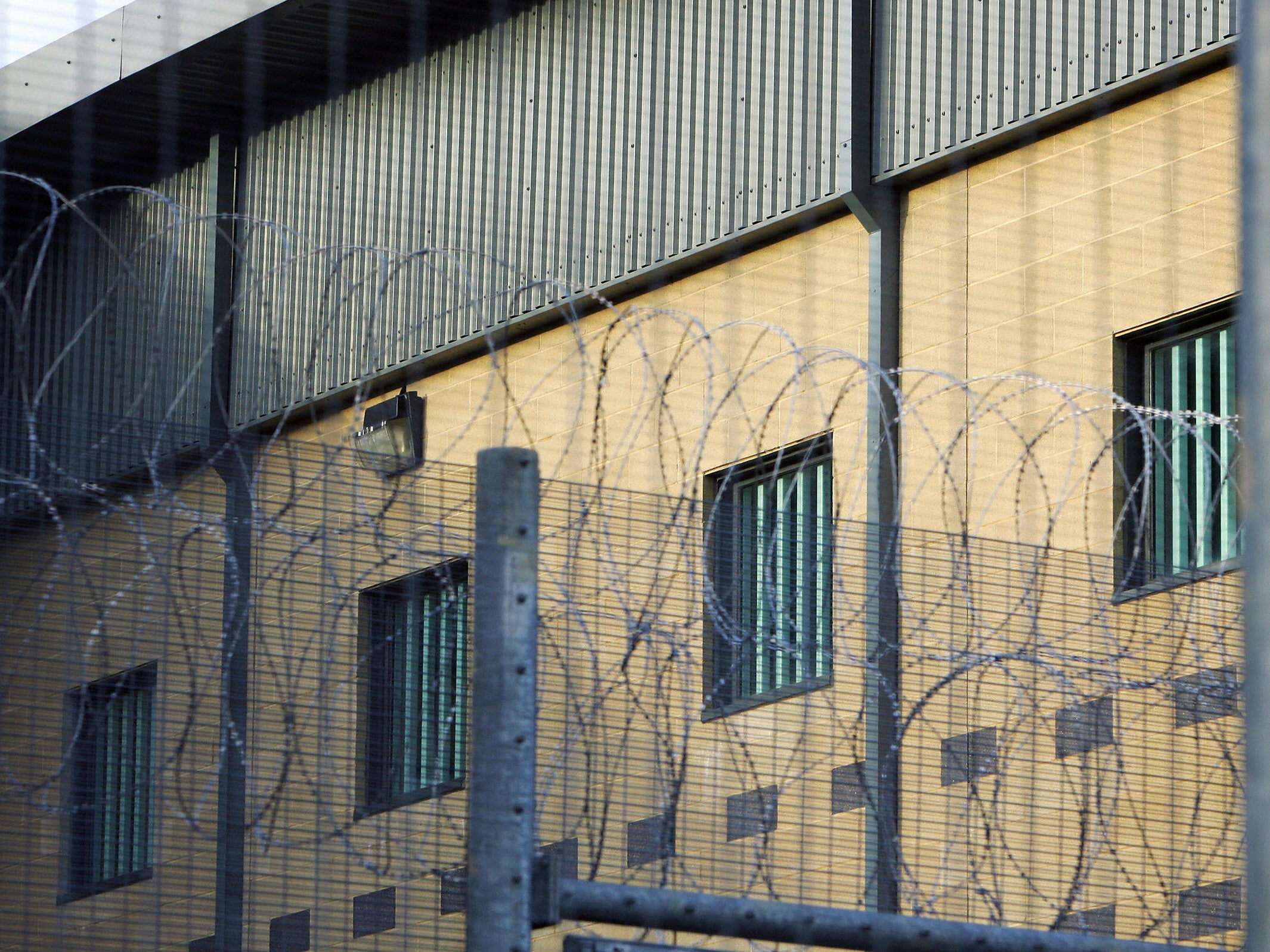Home Office admits mobile phone outage in detention centres as deportees unable to contact lawyers
‘I can’t get hold of my solicitor – the only chance of getting out of here... It feels like I’m losing my mind’

Ministers have admitted a mobile phone outage at removal centres has prevented people from accessing legal services to challenge their deportation, days before a charter flight is set to leave the UK.
The Home Office has been forced to admit it has known about the issue affecting detainees’ mobile phone signals in detention centres near Heathrow airport since 13 January, but took 23 days to begin providing detainees with working sim cards – during which it pressed ahead with charter flights to Ghana, Nigeria and France.
Campaigners accused the government of removing people from the country without giving them their lawful right to legal advice and assistance during the “crucial window” leading up to the removal flights.
People who are due to be deported on a charter flight to Jamaica on Tuesday told The Independent that as a result of the outage, they had struggled to communicate with their solicitors and send them relevant documents to challenge their removals.
Mobile phones provided by the Home Office at the outset of detention are the principal means by which detainees are able to access legal assistance, contact their solicitors and stay in touch with their families.
Echard Bepart-Woollett, 27, who came to Britain when he was eight and has two British children, said he had been struggling to communicate with his solicitor since the Home Office issued him with deportation orders last week.
“I can’t get hold of my solicitor – the only chance of getting out of here. It’s getting mad. It feels like I’m losing my mind. It’s like all communication has been shut down. Everyone is trying to get hold of their solicitor to see what’s going on,” said the Jamaican national.
“If they don’t get the paperwork, I can’t go to court, I can’t fight. It’s black and white. You need everything documented and proven, and if I can’t get that out, then I’m f***ed.”
Mr Bepart-Woollett’s solicitor, Marina Khan of Duncan Lewis Solicitors, said her client had a strong case to remain in Britain but that the mobile outages had meant filing submissions to challenge his deportation has taken much longer than normal.
“We were trying to contact him every day since he instructed us on 31 January, and it took us until 6 February to formally take details instructions from him. It’s been awful. His partner was stressing out,” she said.
“I needed to get his documents so that I could send his submissions to the Home Office. I couldn’t send it during office hours because I didn’t receive it in time. The delay was unreasonable.
“It’s caused a lot of undue stress and frustration for our client. He’s been totally deprived of contacting his legal representatives and unable to access legal justice and advice from us.”
Another detainee, Reshawn Davis, 30, who came to the UK at the age of 11 and has a British six-month-old baby, said the signal issues were “extremely frustrating”.
“People are telling me they’re trying to call me and I don’t see the call. My phone just doesn’t ring. I haven’t spoken to my solicitor directly at all because of the signal. It’s been a huge added stress. I don’t know what’s going on,” he said.
“It’s stopping me talking to my family as well. My daughter knows my voice. If I say something over the phone, she’s thinking Daddy’s home. I say her name and she looks up for me. But this signal is preventing me from talking to her.”
People facing imminent removal from the UK are entitled to notice periods ranging from three to five days during which it is, by law, vital that they are able to access legal advice and assistance, for example to assess the merits of challenging their removal.
Bella Sankey, director of Detention Action, which has launched a legal challenge against the Home Office over its alleged failure to provide effective access to legal advice to detainees, said: “An eleventh-hour issuing of sim cards may not be sufficient for those seeking to challenge their removal on Tuesday’s flight. Not to mention the impact on those that have been removed while the signal has been down.
“This is a partial victory for access to justice but there are many unanswered questions and our legal challenge will proceed.”
It comes after a leaked draft of the Windrush Lessons Learned review stated that ministers should consider ending the practice of deporting people who arrived in the UK as children, prompting calls for the Home Office to put deportation flight on hold until the review is published.
The Home Office has been approached for comment.
Join our commenting forum
Join thought-provoking conversations, follow other Independent readers and see their replies
Comments